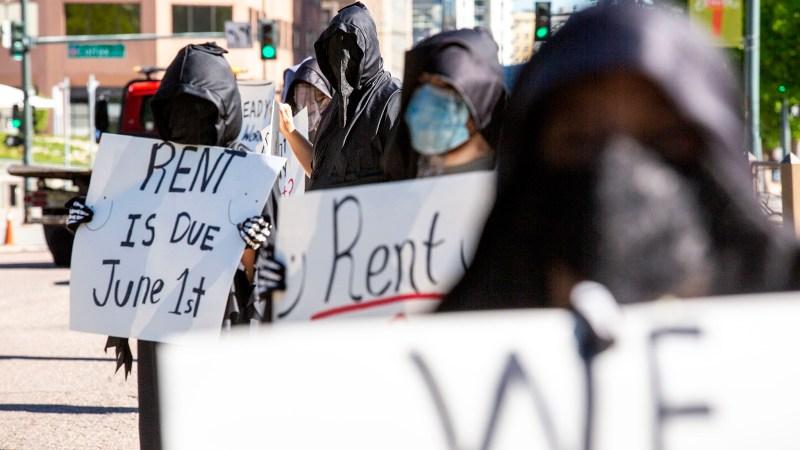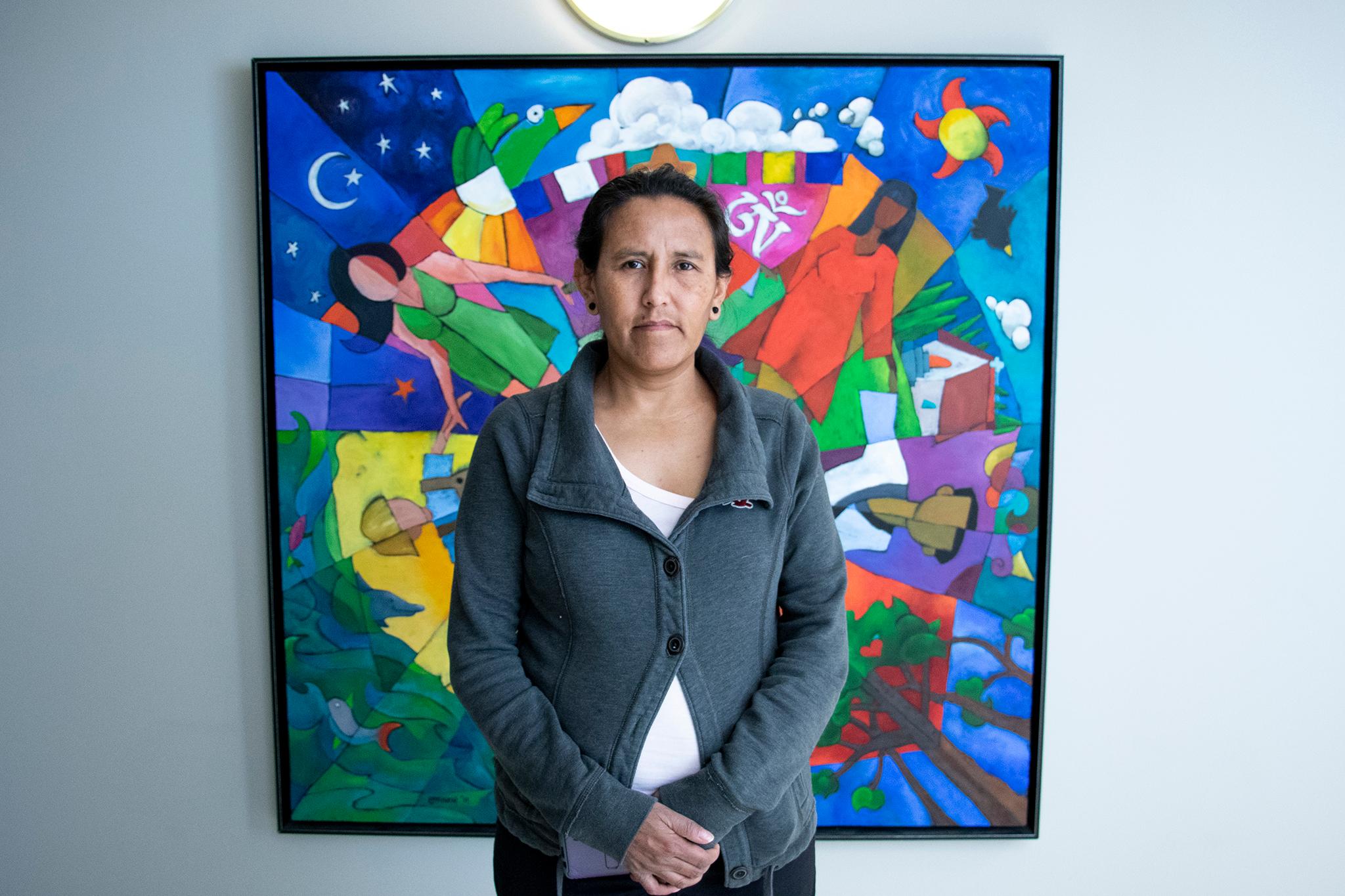
Gov. Jared Polis extended his order Sunday that requires landlords to give a month’s notice to tenants who are late on their rent before beginning the eviction process.
This is supposed to be an extra protection for people who are still struggling to keep an income while the pandemic continues to disrupt Colorado’s economy.
This executive order is extended until Aug. 11. It does not outlaw evictions.
Colorado’s unemployment rate is at 10.2 percent. Before the pandemic, the February unemployment rate was at 2.5 percent.
Before these COVID-19 related protections, landlords were required to provide a 10-day notice before beginning the eviction process, but in some cases, the window has been as small as three days.
Jack Regenbogen, an attorney with the Colorado Center on Law and Policy, said this doesn’t change much for people who are worried about losing their homes.
“It’ll give people about 20 more days to prepare, but that’s about it,” Regenbogen said about Polis’ order.
Regenbogen said this extension won’t really change the dates to look out for and the road to evictions will likely remain unchanged.
Also, evictions protections under the Coronavirus Aid, Relief, and Economic Security Act’s (CARES) ends July 25 and then landlords are supposed to provide a 30-day grace period. That grace period is up Aug. 25 and by that point, the executive order will also expire. After Aug. 25, there won’t be state or federal protections.
Colorado had an eviction ban but that expired in June. Right after, Polis issued an order to delay all legal proceedings for another month but landlords were allowed to charge late fees.
About a hundred advocacy organizations, counties, and elected officials wrote a letter to Polis providing recommendations to ease from the eviction moratorium. Those recommendations included requiring landlords to offer a reasonable repayment plan before trying to initiate an eviction, providing tenants with the chance to repay rent up until two days before a judge issues a writ of restitution, and making sure that landlords include a CARES Act affidavit as an attachment to an eviction petition if the property is covered by CARES because that has different protections.
The letter also requests that as courts hear cases over the phone, information about that participation should be included as an attachment to any court summons and must be available in English and Spanish and accessible to people with disabilities.
The letter was sent July 2.
Zach Neumann, co-founder of the COVID-19 Eviction Project, said he still expects to see a bigger spike in evictions later this year. He said this just changes when people are evicted. As many as 400,000 Coloradans will be at risk for evictions this year.
“It just slows down the legal process,” Neumann said. “Unless someone can miraculously get all those months of rent in an extra few weeks ... it’s going to be an issue. It’s pretty dire.”
Neumann acknowledges that more time is helpful but wants the state to do more.
“It’s better than nothing,” he said. “But it doesn’t resolve any of the underlying issues.”









